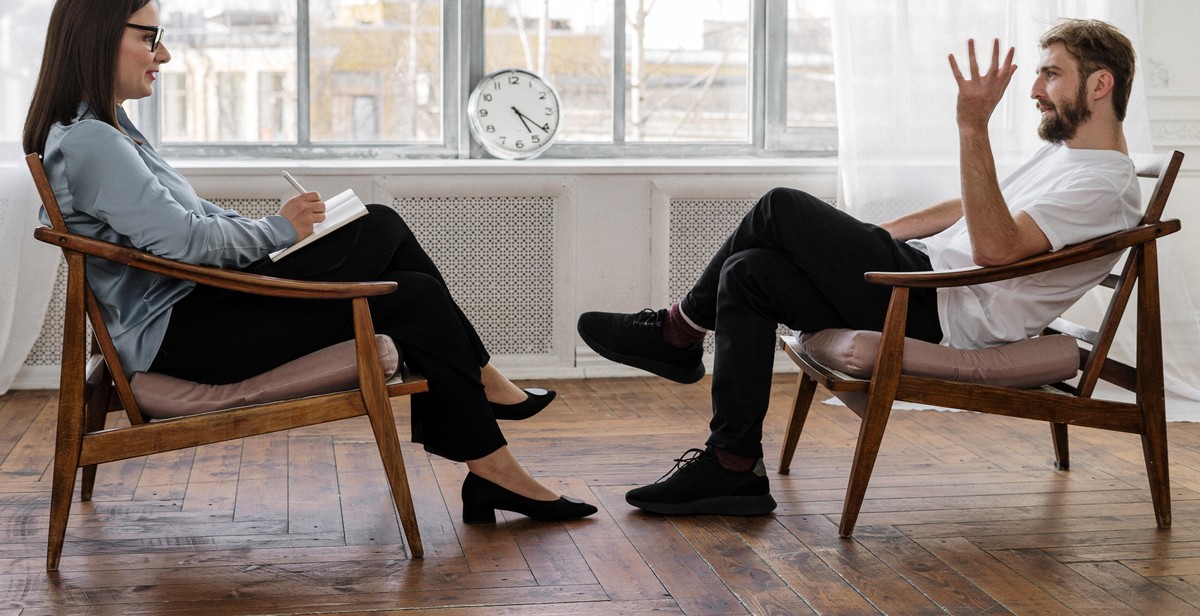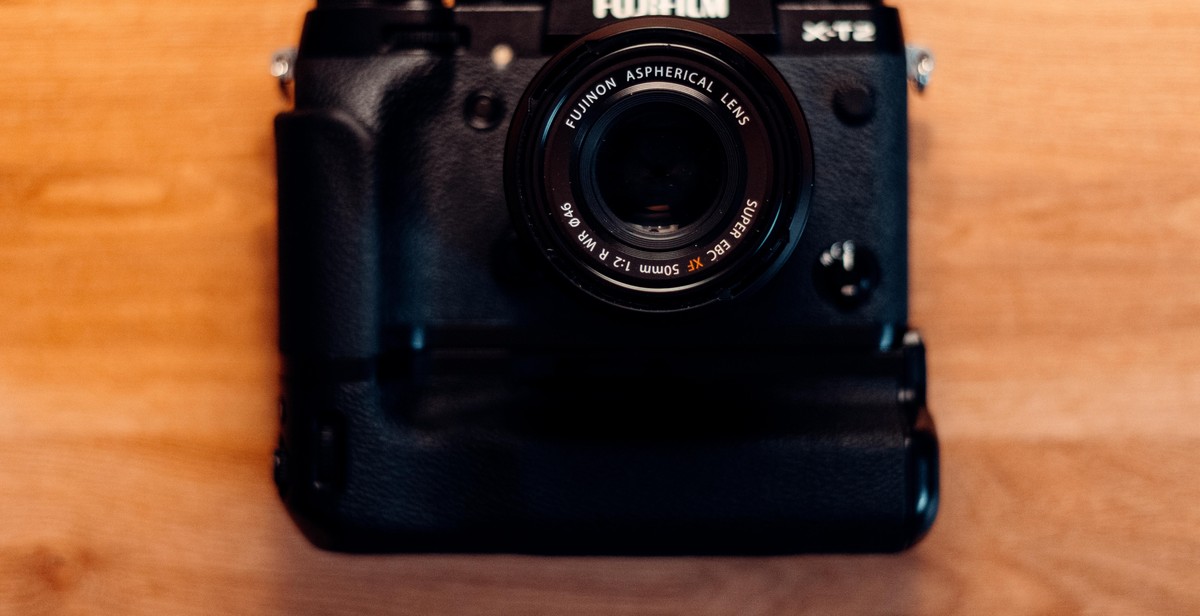Dealing with Body Image Issues: A Mental Health Perspective
Body image issues can be a source of immense stress and anxiety for individuals, regardless of their gender, age, or cultural background. In today’s society, where unrealistic beauty standards are perpetuated by social media and the fashion industry, it’s common for people to feel dissatisfied with their bodies and develop negative self-talk.
As a mental health professional with over a decade of experience, I have seen firsthand how body image issues can impact an individual’s mental health and overall well-being. From eating disorders to depression, the effects of poor body image can be far-reaching and long-lasting.
The Importance of Addressing Body Image Issues
It’s crucial to address body image issues and work towards developing a positive body image. Doing so can improve self-esteem, reduce anxiety and depression, and help individuals lead a happier, healthier life. However, it’s important to note that addressing body image issues is not a one-size-fits-all solution. Each person’s journey towards a positive body image is unique and requires a personalized approach.
In this article, we’ll explore:
- The causes of body image issues
- The impact of negative body image on mental health
- Strategies for developing a positive body image
- When to seek professional help
Join me as we delve into the topic of body image issues and learn how to cultivate a positive body image from a mental health perspective.

Understanding Body Image Issues
Body image issues refer to how a person perceives their physical appearance and how they feel about their body. It can be positive or negative, and it can change over time. Negative body image can lead to mental health problems such as anxiety, depression, and eating disorders.
Causes of Body Image Issues
There are several factors that can contribute to body image issues. One of the main causes is societal pressure to conform to certain beauty standards. The media often portrays an unrealistic and unattainable ideal of beauty, which can lead to feelings of inadequacy and low self-esteem.
Personal experiences such as bullying, trauma, and abuse can also contribute to negative body image. Genetics and family history can also play a role in body image issues.
Impact of Body Image Issues on Mental Health
Body image issues can have a significant impact on mental health. Negative body image can lead to low self-esteem, social anxiety, and depression. It can also contribute to the development of eating disorders such as anorexia, bulimia, and binge-eating disorder.
People with body image issues often engage in behaviors that can be harmful to their mental health, such as excessive exercise, restrictive diets, and substance abuse. These behaviors can further exacerbate negative feelings and lead to a cycle of self-destructive behavior.
| Common Mental Health Problems Associated with Body Image Issues |
|---|
| Anxiety |
| Depression |
| Eating Disorders |
| Substance Abuse |
It is important to seek help if you are struggling with body image issues. A mental health professional can provide support and guidance to help you develop a more positive body image and improve your overall mental health.

Signs and Symptoms of Body Image Issues
Dealing with body image issues can be a challenging task. It is important to recognize the signs and symptoms of body image issues to seek appropriate help and support. Here are some physical and psychological signs to look out for:
Physical Signs of Body Image Issues
- Excessive weight loss or gain
- Obsessive exercising
- Changes in eating habits
- Unhealthy dieting practices
- Compulsive grooming habits
- Obsessive checking of appearance in mirrors or reflective surfaces
- Wearing excessive makeup or clothing to hide perceived flaws
- Unusual or extreme clothing choices
- Self-harm or substance abuse
Psychological Signs of Body Image Issues
- Low self-esteem and self-worth
- Excessive self-criticism
- Constant comparison with others
- Feeling uncomfortable or ashamed in social situations
- Depression or anxiety
- Perfectionism
- Difficulty accepting compliments or positive feedback
- Withdrawal from social activities or hobbies
It is important to note that these signs and symptoms may vary from person to person. Some individuals may exhibit only physical signs, while others may show only psychological signs. It is also possible for someone to have both physical and psychological signs of body image issues.
| Physical Signs | Psychological Signs |
|---|---|
| Excessive weight loss or gain | Low self-esteem and self-worth |
| Obsessive exercising | Excessive self-criticism |
| Changes in eating habits | Constant comparison with others |
| Unhealthy dieting practices | Feeling uncomfortable or ashamed in social situations |
| Compulsive grooming habits | Depression or anxiety |
| Obsessive checking of appearance in mirrors or reflective surfaces | Perfectionism |
| Wearing excessive makeup or clothing to hide perceived flaws | Difficulty accepting compliments or positive feedback |
| Unusual or extreme clothing choices | Withdrawal from social activities or hobbies |
| Self-harm or substance abuse |
If you or someone you know is experiencing any of these signs or symptoms, it is important to seek professional help from a mental health provider. With appropriate help and support, it is possible to overcome body image issues and improve overall mental health and well-being.

Preventing and Managing Body Image Issues
Body image issues affect people of all ages and genders. The constant pressure to look a certain way can make individuals feel insecure and unhappy with their appearance. However, there are preventive measures that can be taken to avoid developing body image issues and ways to manage them if they do arise.
Preventive Measures
- Encouraging positive body image: Educating individuals about the importance of self-love and acceptance can go a long way in preventing body image issues. Encouraging a positive body image can help individuals feel comfortable in their own skin and confident about their appearance.
- Limiting exposure to unrealistic beauty standards: The media often portrays unrealistic beauty standards that can make individuals feel inadequate. Limiting exposure to these unrealistic standards can help prevent body image issues from developing.
- Emphasizing health over appearance: Focusing on health over appearance can help individuals maintain a healthy lifestyle without the pressure to look a certain way. This can help prevent body image issues from developing.
Managing Body Image Issues
Despite taking preventive measures, some individuals may still develop body image issues. Here are some ways to manage them:
- Practicing self-care: Taking care of oneself can help individuals feel good about their appearance. This can include activities such as exercise, healthy eating, and getting enough sleep.
- Challenging negative thoughts: Negative thoughts can often fuel body image issues. Challenging these thoughts and replacing them with positive ones can help individuals feel better about their appearance.
- Seeking support: Talking to friends, family, or a therapist can help individuals manage body image issues. Supportive individuals can provide encouragement and help individuals feel less alone in their struggles.
Seeking Professional Help
If body image issues become severe or begin to impact daily life, it may be time to seek professional help. A mental health professional can provide support and guidance in managing body image issues. They can also help individuals develop coping strategies and provide resources for further support.
| Preventive Measures | Managing Body Image Issues | Seeking Professional Help |
|---|---|---|
| Encouraging positive body image | Practicing self-care | Professional support and guidance |
| Limiting exposure to unrealistic beauty standards | Challenging negative thoughts | Coping strategies and resources |
| Emphasizing health over appearance | Seeking support from friends, family, or a therapist |

Conclusion
Dealing with body image issues can be a challenging experience, but it’s important to remember that you are not alone. Many people struggle with negative thoughts and feelings about their bodies at some point in their lives. It’s essential to seek help from a mental health professional if you feel like your body image issues are interfering with your daily life.
Remember that your body is unique and beautiful, regardless of how it compares to societal standards. Learn to appreciate and love your body for all that it does for you, rather than focusing on its flaws. Surround yourself with positive influences that promote body positivity and self-love.
Key Takeaways
- Body image issues can lead to mental health problems like anxiety and depression.
- It’s essential to seek professional help if you feel like your body image issues are interfering with your daily life.
- Learning to appreciate and love your body is crucial for a positive self-image.
- Surrounding yourself with positive influences can promote body positivity and self-love.
